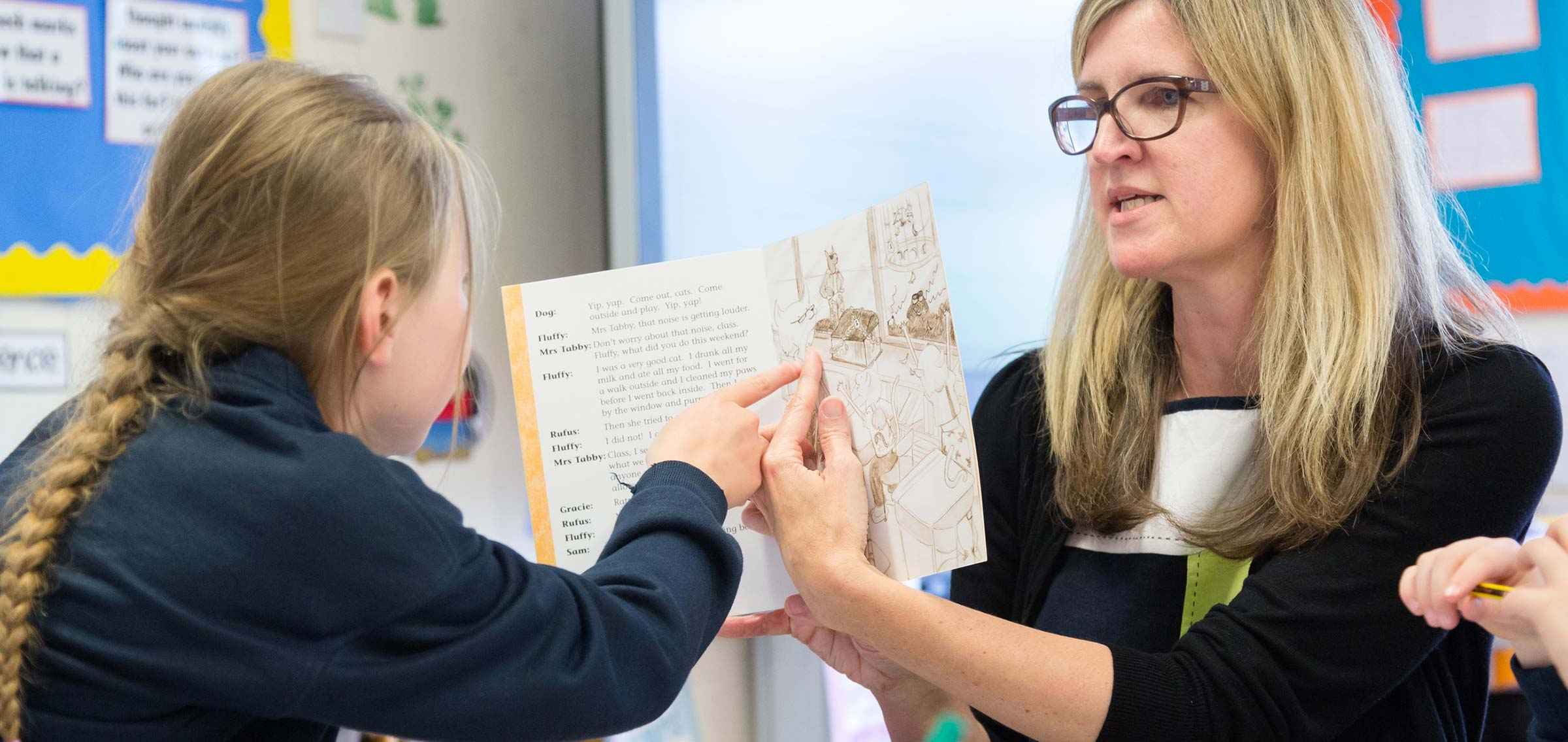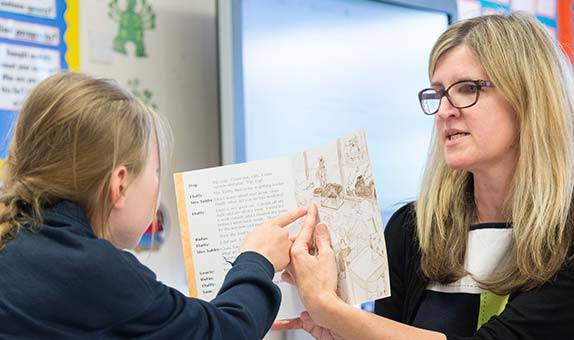Special Educational Needs and Inclusion PgCert
Why choose this course?
Do you want to make a difference in the field of inclusion and Special Educational Needs and Disability (SEND) for children and young people? If you work in fields such as education, health or social care, or want to gain more knowledge of SEND, this course is ideal for you.
It will provide you with an overview of SEND in the context of policy, practice and professionalism. You will study the range of perspectives which impact on the work and leadership of SEND in a range of settings.
A blended learning approach allows you to fit 12 taught days and a networking conference event around existing commitments, and provides the opportunity to learn from expert academics and practitioners and network with peers. Your learning will benefit from a scaffolded design and you will develop reflection and networking skills through the use of e-Portfolios and blogging.
You will be working at masters level and will have the opportunity to use the credits gained on this course towards a Master of Research (MRes).
| Mode | Duration | Start date |
|---|---|---|
| Part time | 1 year | October 2024 |
This course comprises part-time, blended learning.
You will study online, with four study days at Kingston Hill campus.
Reasons to choose Kingston University
- Build your SEND and inclusion knowledge with this flexible blended learning approach that can be tailored around work commitments.
- You will access evidence-based approaches and have the opportunity to join the Inclusion and Social Justice Special Interest Group and participate in multi-disciplinary, local projects and specialist training on areas of SEND.
- Kingston University has 100 years' experience of educating educators.
What you will study
Core modules
Core modules
Leading inclusive change in the field of SEN
30 credits
This module is designed to enable you to develop the process of enacting change both professionally and interprofessionally. Throughout the module, a research-informed approach will provide the context for examining the complexity of SEND leadership and range of factors which impact directly and indirectly upon professionals' and settings' ability to successfully deliver and sustain change. Factors include the process of commissioning, securing and deploying specific resources and the interconnectedness of working intra and interprofessionally as part of multi-agency teams.
Critical reflections on SEN coordination
30 credits
In this module you will gain an overview of Special Educational Needs and Disabilities (SEND) with regard to policy, practice and professionalism. The module will include critical examination of discourse related to SEND, including analysis of policies which will allow you to reflect upon practice within your own setting in addition to the broader educational context. Databases and other specialist information sources will be used to critically evaluate the interplay of policy, practice and professionalism to understand the range of perspectives which inform identity, experience, reflection and research at the workplace. Exploration of and reflection on theoretical frameworks for pedagogy will provide students with opportunities to critically examine ways in which they might promote learning and participation of pupils with specific needs within the practice-based setting.
Entry requirements
Teaching and assessment
You will learn about leading on special educational needs through interactive lectures, seminars and online work in our Virtual Learning Environment (CANVAS). You will also have flexible group and individual tutorials.
Who teaches this course?
The tutors for your course are experienced practitioners in the field of SEN/D and inclusive education. They continue to be actively involved in a range of education related activities, such as further study, research and direct work with schools, community stakeholders and other educational settings.
Fees for this course
Additional costs
Depending on the programme of study, there may be extra costs that are not covered by tuition fees which students will need to consider when planning their studies. Tuition fees cover the cost of your teaching, assessment and operating University facilities such as the library, access to shared IT equipment and other support services. Accommodation and living costs are not included in our fees.
Where a course has additional expenses, we make every effort to highlight them. These may include optional field trips, materials (e.g. art, design, engineering), security checks such as DBS, uniforms, specialist clothing or professional memberships.
Facilities
The Kingston Hill campus features an outdoor learning environment where trainee teachers lead curriculum-linked natural sciences activities with children. It includes a specially built 'cubby house', outdoor pond, beehive and nature trail. It offers early years students the opportunity to simulate teaching and learning with natural materials.
There are a number of teaching rooms set up to replicate actual classrooms. Each classroom is subject based – such as an art room, science lab – and is equipped with all the relevant facilities you will need to practise your lessons before taking them into school.
Our library (the Nightingale Centre) has an excellent range of teaching resources to help you plan and teach your lessons, such as a range of children's topic books, music and nursery rhymes on CD, as well as artefacts and kits that can be used to illustrate historical periods, different religions, science, mathematics and music.

After you graduate
This PgCert will give you enhanced knowledge in SEND, to improve practice and provision within various sectors of the interprofessional community. It may lead to employment and promotion opportunities in this field.
After completing this PGCert, you could further your research studies by using the 60 credits gained to directly progress onto second year of the Master of Research (Education), which in turn provides a foundation for doctoral study.
What our students say
Research areas
Research undertaken by groups in the School of Education, in different age phases, will be relevant to this course, as will research on professional and interprofessional practice in the HSSCE faculty.
Course changes and regulations
The information on this page reflects the currently intended course structure and module details. To improve your student experience and the quality of your degree, we may review and change the material information of this course. Course changes explained.
Programme Specifications for the course are published ahead of each academic year.
Regulations governing this course can be found on our website.





